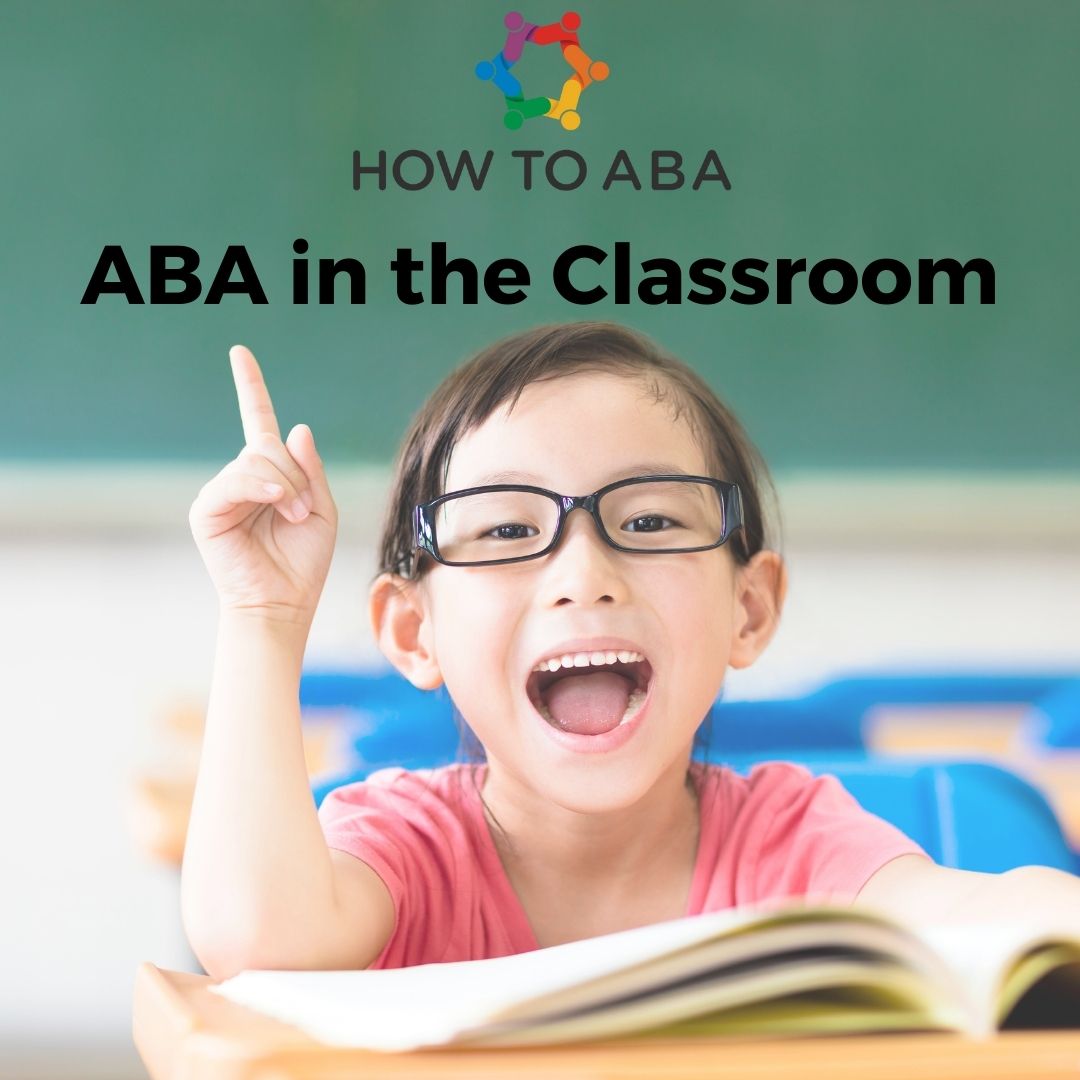Episode 016: BCBA Turned Life Coach with Sonya MacCrimmon
Sonya MacCrimmon is a life coach with a background in ABA. She made her way into ABA after her university program in psychology. Part of… Read More »Episode 016: BCBA Turned Life Coach with Sonya MacCrimmon










